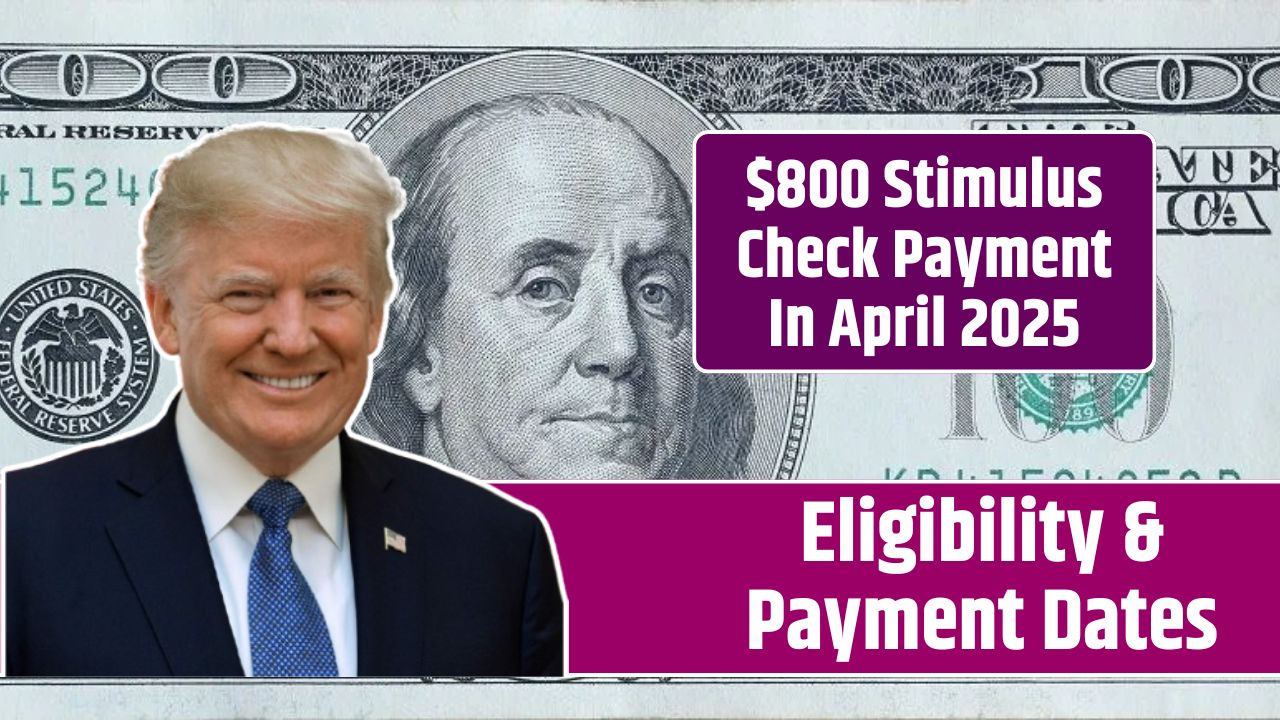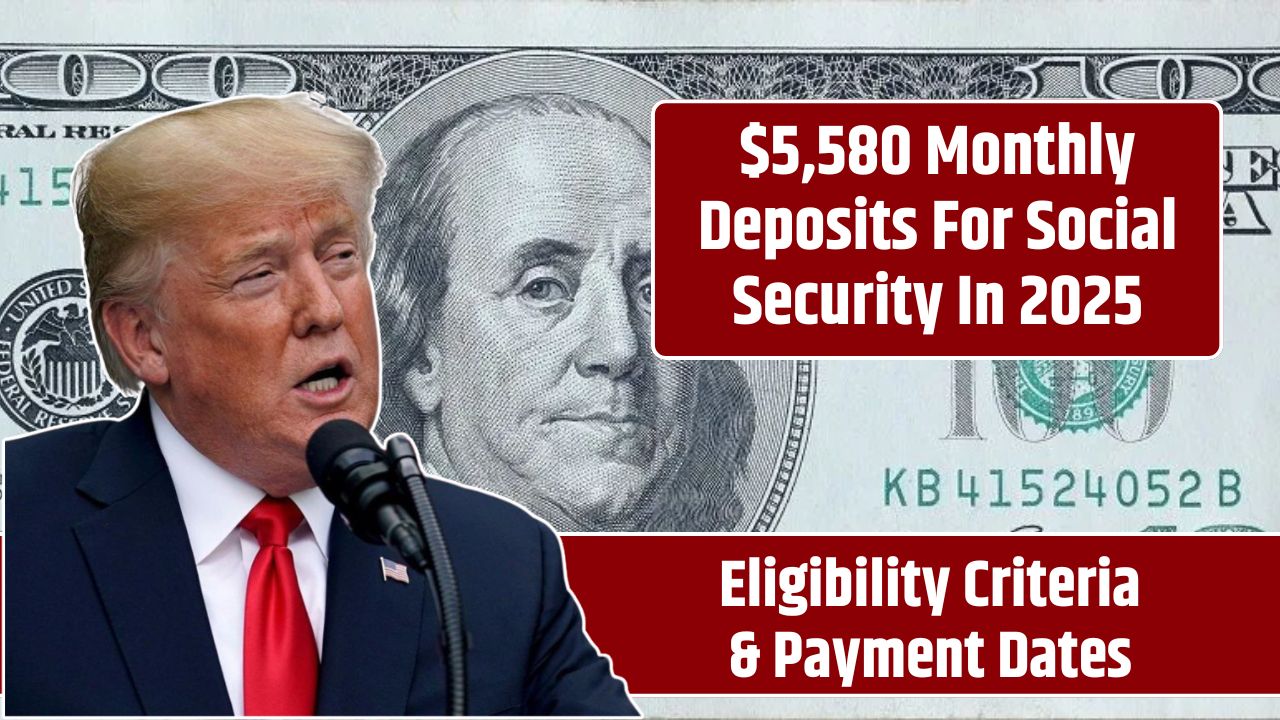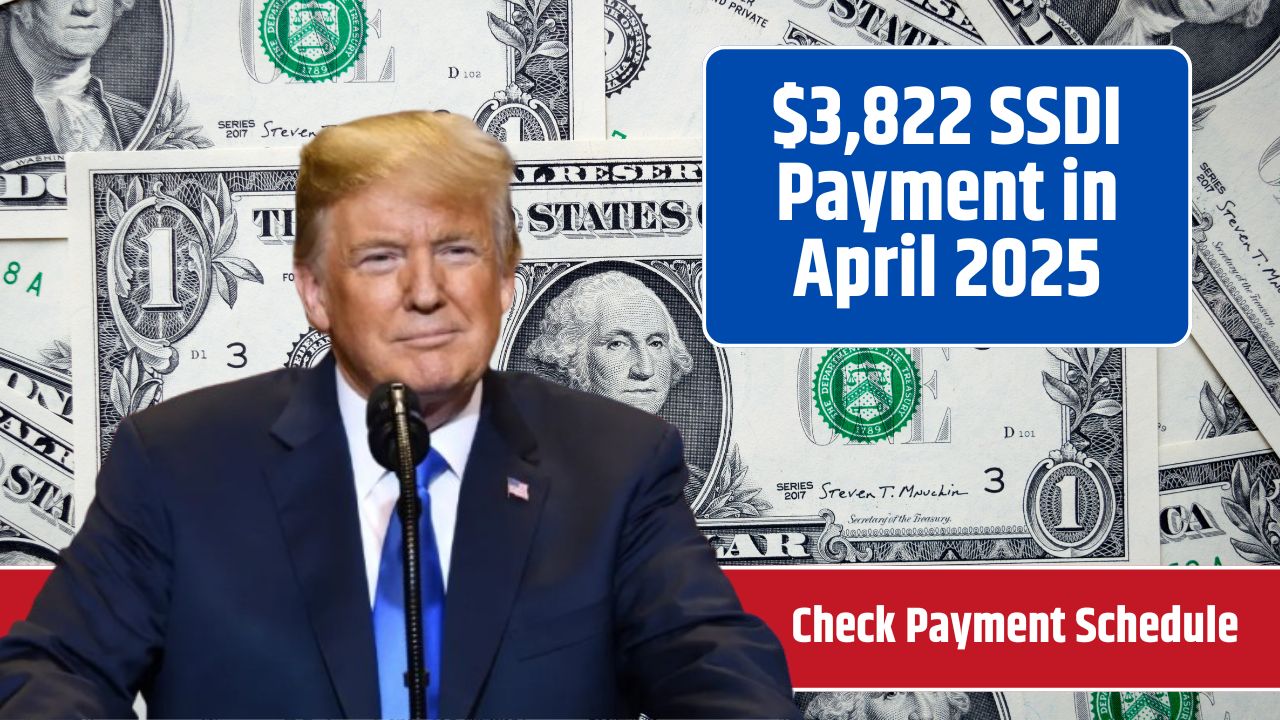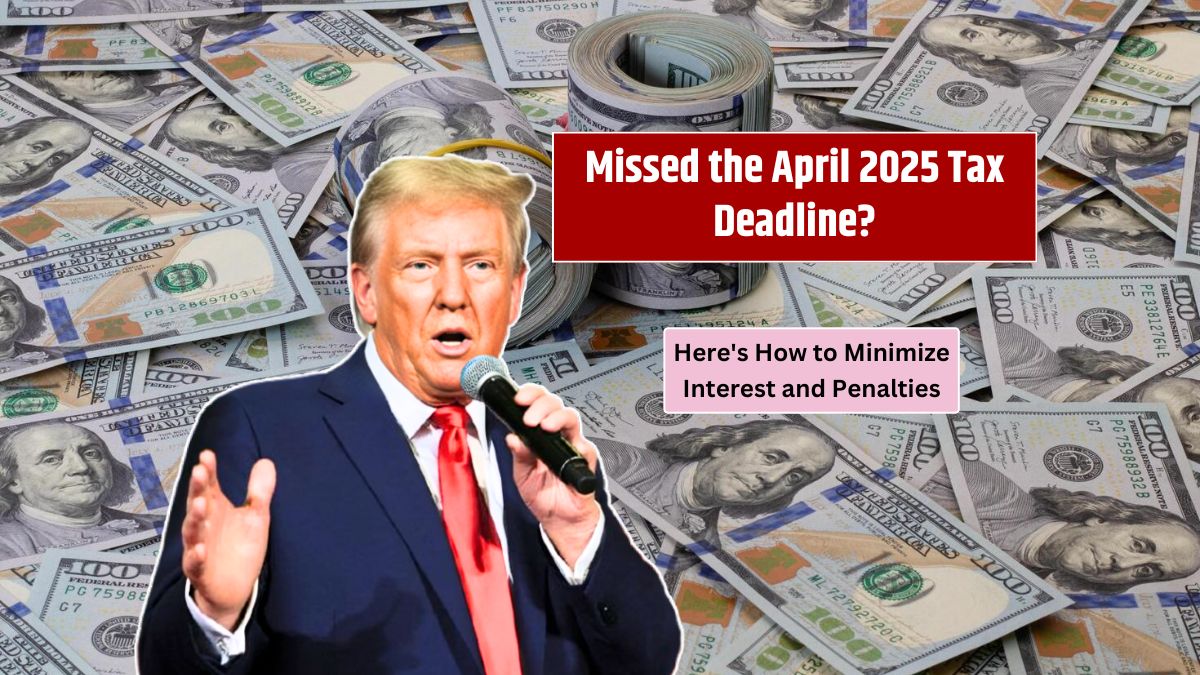If you’re among those who missed the IRS tax filing deadline, don’t panic—but don’t wait either. While many taxpayers are already counting down the days until they receive their refunds, others find themselves in a more stressful situation: facing penalties and interest for not filing on time. The IRS is urging everyone in this boat to take action immediately.
Urgency
Time is money—literally—when it comes to late tax filings. The IRS makes it clear: the longer you wait to file, the more you’ll owe. Fines and interest keep adding up daily, and avoiding them starts with one simple move—filing your return as soon as possible.
Even if you can’t pay the full amount owed, submitting your return can minimize the damage. The IRS treats non-filing far more seriously than non-payment.
Extension
So what if you’re just running late? The first thing to consider is requesting an extension. This gives you more time to get your paperwork in order. However, here’s the catch: an extension to file is not an extension to pay. If you owe taxes, interest and penalties will still start from the original due date.
For those who didn’t file or pay, the priority should be:
- File your tax return ASAP
- Pay as much as you can to reduce future interest
- Look into payment options to cover the rest
Penalties
Let’s talk about what’s at stake. If you don’t file, you face a Failure to File Penalty—typically 5% of your unpaid taxes for each month you’re late, up to 25%. Add to that the Failure to Pay Penalty, and you’ve got a costly combo. Interest is also charged on both the tax and penalties until everything is fully paid.
But here’s the silver lining: the IRS may offer penalty relief if you’ve had a good track record the past three years—meaning you filed and paid on time. If that’s you, it might be worth asking for a break.
Options
Don’t have the money upfront? You’ve got options. The IRS provides several online payment methods and tools to help manage your tax debt without drowning in it. Here’s a quick overview:
| Payment Option | Where to Access |
|---|---|
| IRS Online Account | irs.gov/account |
| IRS Direct Pay | irs.gov/payments/direct-pay |
| EFTPS (Electronic Federal System) | eftps.gov |
| Debit/Credit Card or e-Wallet | irs.gov/payments |
You can also apply for a payment plan directly on the IRS website, which allows you to break your tax bill into smaller, manageable monthly chunks.
Relief
Worried about getting hit too hard? The IRS does provide First-Time Penalty Abatement for eligible taxpayers, especially if you:
- Filed and paid on time for the past 3 years
- Have no other penalties
- Filed or are filing as soon as possible
Even if you don’t qualify for that specific relief, you may still be able to request reasonable cause relief depending on your situation—things like serious illness, natural disasters, or other unforeseen issues.
The bottom line? The sooner you act, the better. Filing late may not be ideal, but ignoring the IRS completely is the fast track to deeper financial trouble.
Whether it’s filing your return, paying what you can, or setting up a plan—do something now to protect yourself from further penalties.
FAQs
What if I missed the tax filing deadline?
File ASAP to avoid more penalties and interest.
Can I still get an extension?
Yes, but it doesn’t delay payment due.
How can I pay my tax bill online?
Use IRS Direct Pay, EFTPS, or credit/debit cards.
What is the failure to file penalty?
It’s 5% monthly up to 25% of unpaid taxes.
Can I get penalty relief?
Yes, if you filed/paid on time the last 3 years.

















